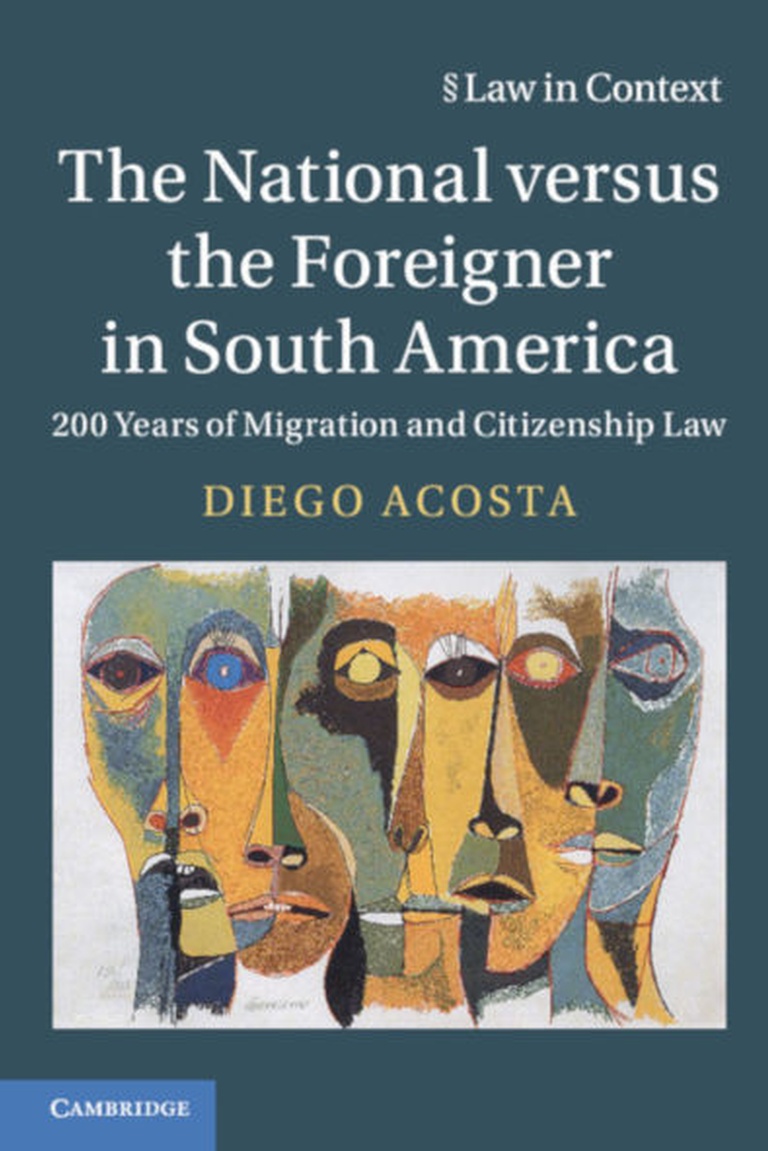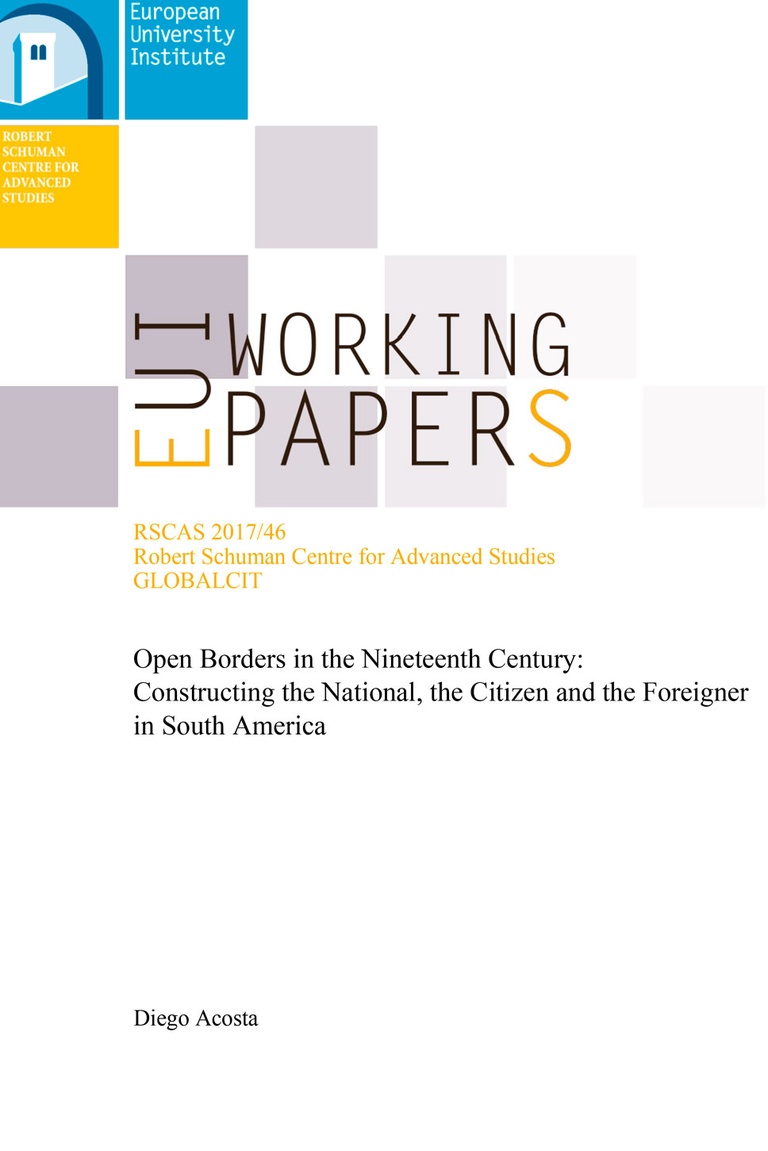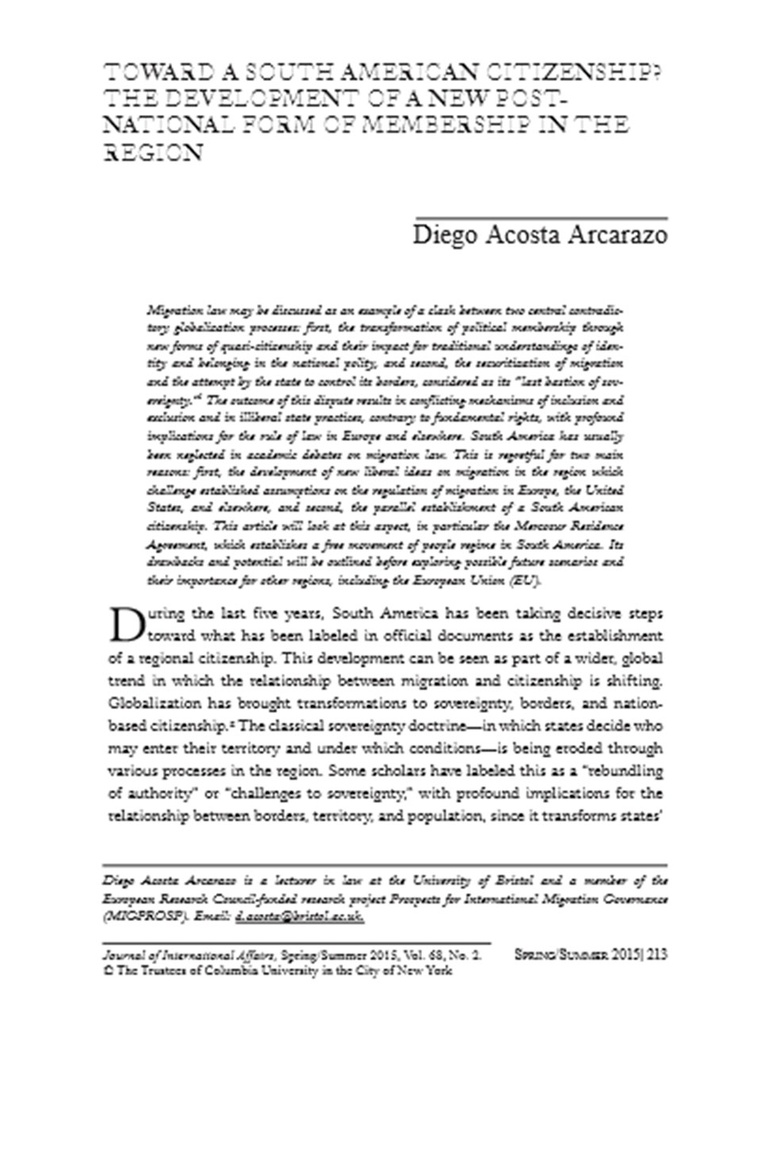The categorization of immigrants and outsiders in Latin America, from the colonial period to the present, represents an extremely complex endeavor. The legal construction and regulation of not only the foreigner but also the national and the citizen have been and are surrounded by numerous edges and apparent contradictions. Debates on who belongs to the polity, under which conditions, and with which rights, have been ongoing since before the independence of the Latin American states in the early nineteenth century. Race, class and regional affinities, a sort of Hispano-Americanism, were central components in the process of building new states and nations in the territories that emerged as independent from the demise of the Spanish and Portuguese empires.
Suggested citation: Diego Acosta, ´Immigrants and Outsiders’ in M. Mirow and V. Uribe (eds.), A Companion to the Legal History of Latin America, Brill, Leiden, 2024, pp. 310-323.



